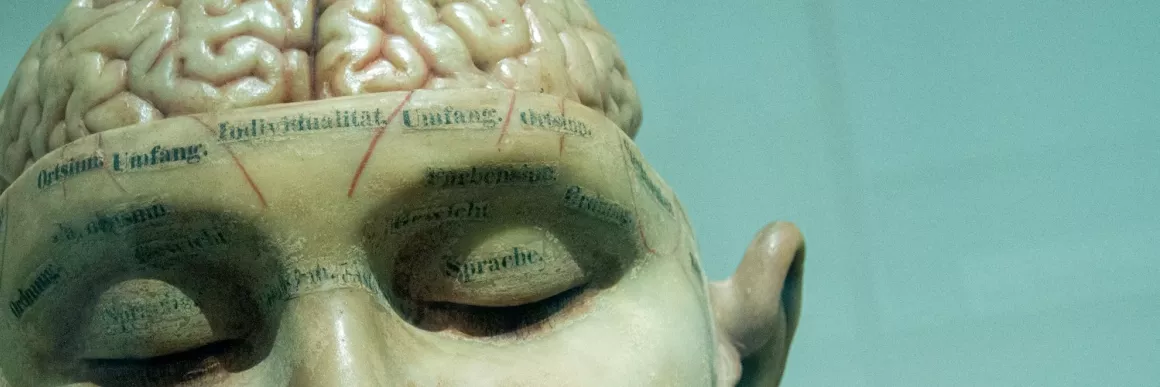Photo by David Matos on Unsplash
This collection of articles is intended to initiate a conversation about and between biopolitics and romanticism. Its broad contention is that the study of biopolitics reanimates the question of romanticism in two senses. First, the set of conceptual resources provided in recent work on biopolitics opens up inventive lines of inquiry that enable scholars to re-think the already established awareness that the literature, philosophy, and culture of romanticism displays an obsession with life. In another sense biopolitics reanimates romanticism insofar as the current scholarly concern with life as an object of power marks the radical survival of romanticism. If romanticism responds well when examined in the light of contemporary biopolitical theory, then a constitutive part of this response is a certain resistance to biopolitical theory. The contributors to this volume demonstrate that the biopolitical intervention on life engages paradoxes, predicaments, and aporias that have been widely or fully appreciated neither by theorists of biopolitics nor by critics who take up their work. Romanticism, we suggest, is a privileged locus for the awareness that even the most assured representation of life turns upon an irreducible “literariness.”
Abstract
This essay introduces a collection of articles intended to initiate a conversation about and between biopolitics and romanticism. Its broad contention is that the study of biopolitics reanimates the question of romanticism in two senses. First, the set of conceptual resources provided in recent work on biopolitics opens up inventive lines of inquiry that enable scholars to re-think the already established awareness that the literature, philosophy, and culture of romanticism displays an obsession with life.
Aesthetics, Sovereignty, Biopower: From Schiller’s Über die ästhetische Erziehung des Menschen to Goethe’s Unterhaltungen deutscher Ausgewanderten
Marc RedfieldAbstract
Redfield argues that the very density of aesthetics means that biopolitics may not be exactly what contemporary theorists claim it to be. As much as aesthetics can be read as an extension of biopolitics, biopolitical sovereignty finds itself subject to the technicity of aesthetics. Explicitly a political response to and solution for the violence of the French Revolution, Friedrich Schiller’s Letters on the Aesthetic Education of Man outlines an aesthetic program that aims for nothing less than a body at one with the law.
Abstract
Sun examines how J. S. Mill develops in his aesthetic writings a theatrical rhetoric of poetic citizenship that challenges the bio-political theatricality of Benthamite panopticism. Mill derives his definition of poetry, which involves at its core a dissociation between the visible and the audible, from the Wordsworthian figuration of nature as the site of a disjunction between sense and sense-perception.
Abstract
Guyer’s essay "Biopoetics" opens by elegantly noting that it was not just natural and social scientists who became interested in life around 1800, but also poets. What, Guyer asks, would be a poetic understanding of the relationship between literature, power, and life? To answer this question, she turns to Barbara Johnson’s account of the relation of poetic apostrophe, a rhetorical figure of animation, and the politics of abortion, as well as to John Clare’s romantic-period poem, To Mary.
Abstract
Eva Geulen’s response to the essays included in this volume contends that all three essays more or less explicitly defend romanticism “from any biopolitical charges and suspicions” by calling on the literary aesthetic, a move she takes as an indication that what is at stake is not so much biopolitics as it is “aesthetics by way of biopolitics.” Rather than opening up new lines of inquiry, the appearance of theoretical accounts of biopolitics provides the occasion to redraw, however contingently, the lines defending the literary aesthetic.

